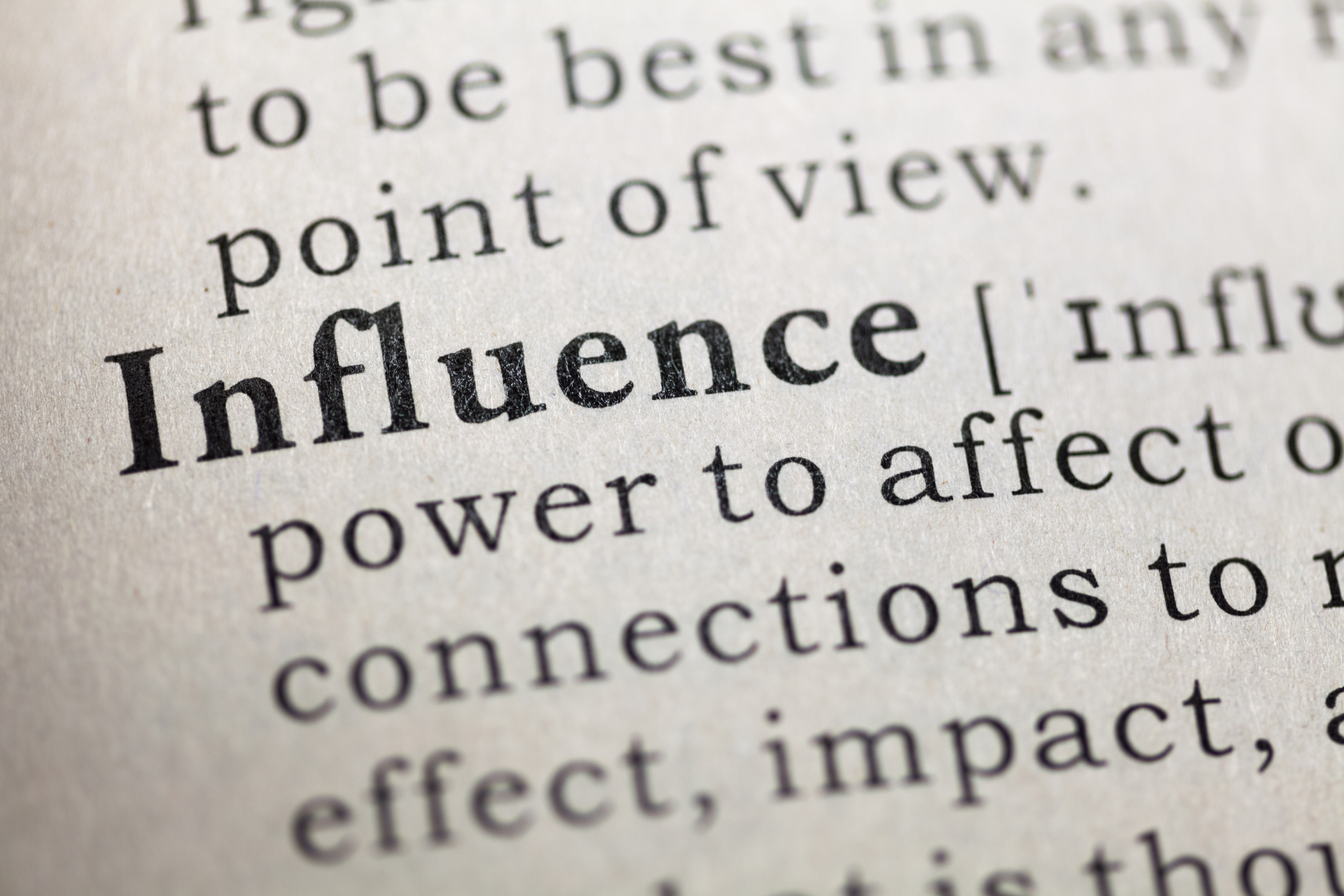The Art of Marketing and Advertising for Healthcare Providers and Patients
Crafting effective marketing and advertising strategies that resonate with healthcare providers (HCPs) and patients is both an art and a science.
The ultimate goal is to communicate value, educate stakeholders, and foster trust while remaining compliant with strict industry guidelines.
Taking a peak behind the curtain give you a fascinating appreciation of the key aspects of promotional, educational, and advertising strategies in this space.
Understanding the Audience: HCPs vs. Consumers
The first step in any marketing strategy is knowing your audience.
HCPs and patients have distinct needs, motivations, and information preferences:
- HCPs: These include doctors, pharmacists, nurses, and other healthcare professionals who make critical decisions about prescribing and recommending treatments.
Marketing for HCPs often emphasizes scientific evidence, clinical data, and product efficacy.
- Patients/Consumers: Patients are more focused on how a product can improve their quality of life, its safety, and ease of use. Marketing aimed at this group often uses relatable stories, testimonials, and simplified language to convey complex information.
Recognizing these differences ensures your message is tailored to the unique needs of each audience.
Promotional Strategies for Healthcare Providers
Promotional efforts targeting HCPs often focus on building credibility and providing valuable, evidence-based resources.
Key tactics include:
- Medical Conferences and Symposia: Pharma companies frequently sponsor medical events to showcase their latest innovations and engage with HCPs. These forums are ideal for sharing peer-reviewed research and fostering professional relationships.
- Continuing Medical Education (CME): Offering CME opportunities allows pharma companies to position themselves as partners in professional development. Effective CME programs blend educational value with subtle brand promotion.
- Digital Platforms: Many HCPs turn to online resources for the latest medical updates. Platforms such as Medscape and Doximity offer opportunities for targeted advertising and sponsored content.
Educational Campaigns for Patients
Patient education is a cornerstone of pharmaceutical marketing.
When done correctly, it empowers patients to make informed decisions about their health.
Some effective strategies include:
- Disease Awareness Campaigns: These campaigns aim to educate the public about specific conditions and their treatment options. For example, initiatives like "Know Your Risk" by the American Diabetes Association help patients recognize early warning signs and seek timely treatment.
- Engaging Content: Using blogs, videos, and infographics to explain complex medical information in layman’s terms can significantly enhance patient understanding and trust.
- Social Media Engagement: Platforms like Facebook and Instagram allow pharma brands to connect directly with patients. Educational posts, live Q&A sessions, and patient stories can foster community and trust.
Regulatory Compliance
Marketing in the pharma industry requires strict adherence to regulatory standards set by agencies like the FDA in the U.S. and the EMA in Europe.
These guidelines ensure that marketing materials are accurate, evidence-based, and not misleading.
For HCP-targeted promotions, companies must include detailed prescribing information and disclosures about potential risks. For patient-facing campaigns, transparency about side effects and limitations of the product is critical.
Tools like the FDA’s Bad Ad Program help ensure compliance by educating stakeholders about inappropriate advertising practices.
Digital Transformation in Pharma Marketing
Digital health advancements are reshaping how pharma companies approach marketing.
The shift towards telemedicine, wearable health devices, and mobile apps has created new opportunities to engage both HCPs and patients.
Examples include:
- Personalized Marketing: Leveraging data analytics to tailor messaging based on individual preferences and behaviors. For instance, pharma companies can use patient data to send reminders for medication adherence via apps like MyTherapy.
- Augmented Reality (AR): AR tools are increasingly used in medical training and product demonstrations, offering HCPs an immersive experience to understand new drugs or devices.
- Influencer Partnerships: Collaborating with patient advocates and medical influencers helps pharma companies humanize their brands and expand their reach.
Key Metrics in Pharma Marketing
Evaluating the effectiveness of marketing campaigns is crucial to optimizing future efforts.
Important metrics include:
- Engagement Rates: Tracking clicks, shares, and time spent on content helps gauge interest and relevance.
- Prescriber Uptake: Monitoring changes in prescribing behavior can indicate the impact of HCP-targeted campaigns.
- Patient Adherence: Tools like adherence trackers provide insights into how well patients follow prescribed treatment plans.
The Role of Recruitment in Pharma Marketing
Behind every successful campaign is a team of skilled professionals.
Pharma companies rely on experts in digital marketing, medical writing, and regulatory affairs to execute compliant and impactful strategies.
Recruitment firms like The Pharma:Health Practice specialize in connecting top talent with innovative companies in this sector.
Marketing and advertising in commercial pharma require a delicate balance of education, promotion, and compliance.
By understanding the unique needs of HCPs and patients, leveraging digital innovations, and adhering to regulatory standards, pharma companies can create impactful campaigns that drive awareness, trust, and engagement.
For more information about recruiting top-tier talent in the digital health and life sciences industries, connect with us today.











